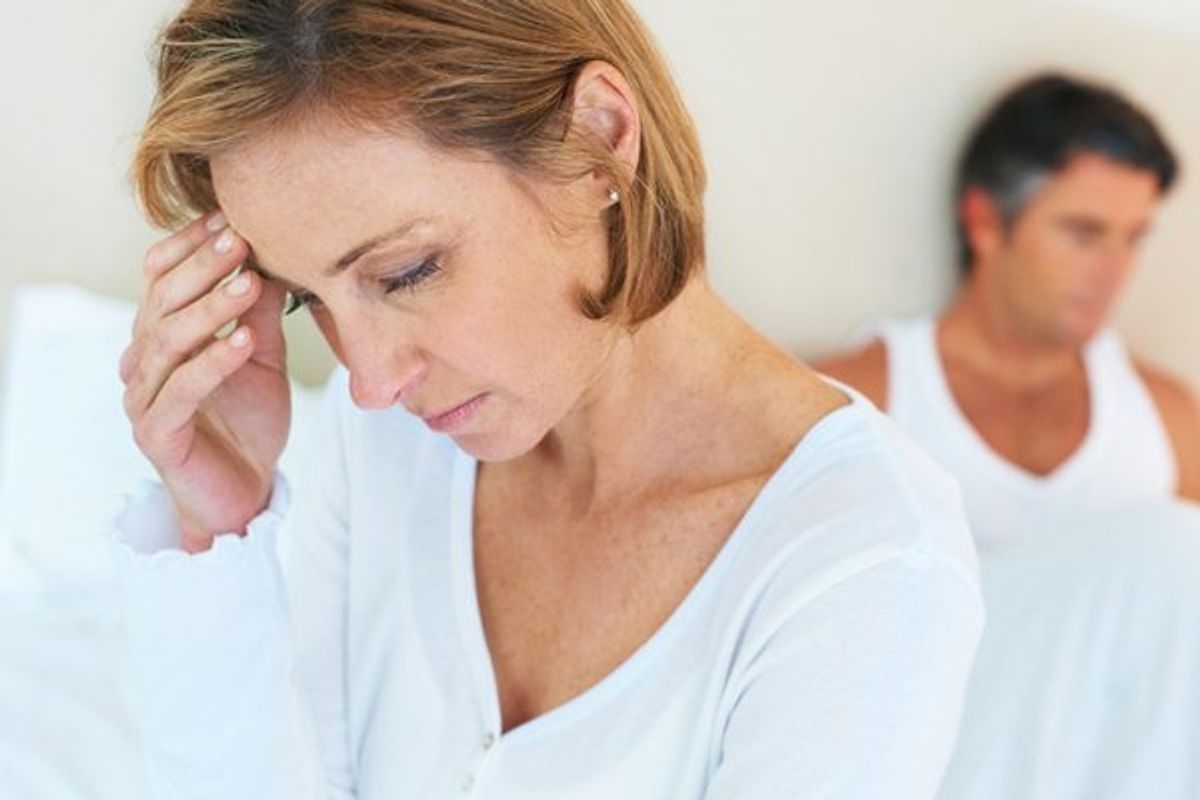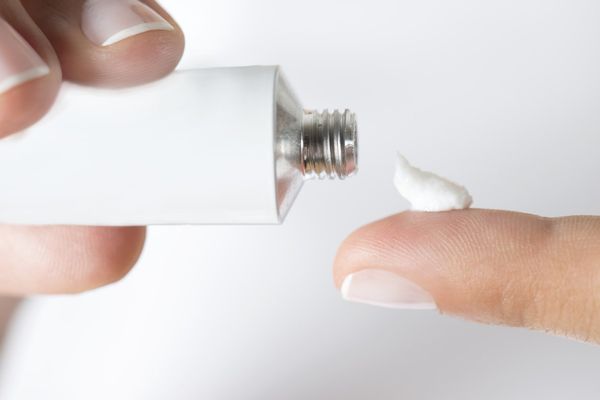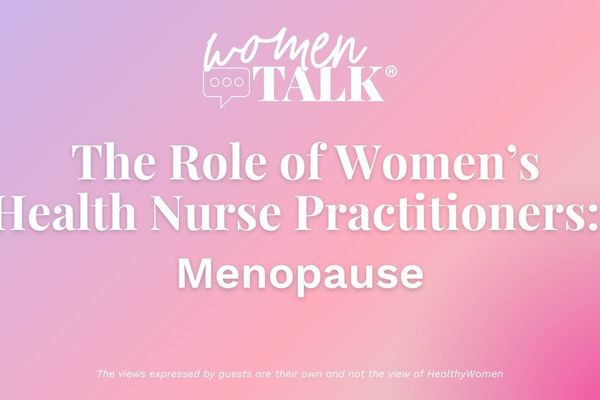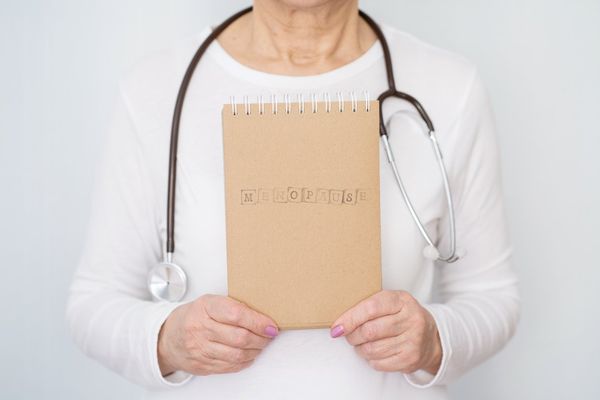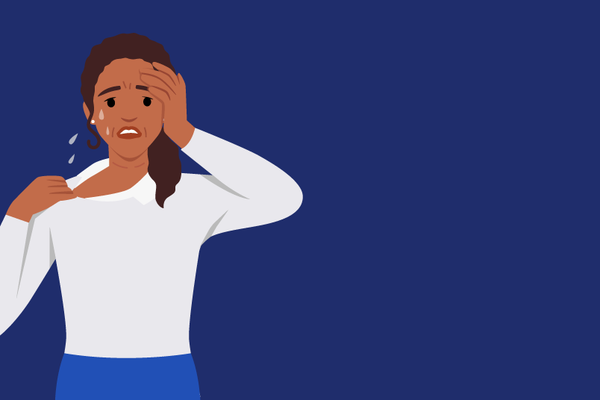I'm not going to beat around the bush. (OK, I realize that is a not-so-funny pun.)
Why not get right to the point? Menopause brings many changes, and one of the peskiest is a change in the way your vagina feels, which can lead to itchiness, dryness, irritation (which can even lead to bleeding) and trouble with intercourse.
Blame estrogen—or a lack thereof.
So many women remain silent about this, too embarrassed to bring it up to their health care providers. And so many health care providers stay silent about it. Maybe they are embarrassed, too—or perhaps they're unprepared or too rushed to bring it up to their patients. A recent study found that only half of postmenopausal women discuss their symptoms with their health care providers and far fewer seek treatment.
It's time to be proactive. Here's what you need to know:
- Stop using soap on the inner parts of your vulva; clean water is adequate for washing, says the North American Menopause Society (NAMS).
- Use only white, unscented toilet paper, NAMS recommends.
- Wash your underwear in detergents free of dyes and perfumes.
- Avoid fabric softeners.
- Stay away from using lotions and perfumed products on the inner vulva.
- Avoid douches and bubble baths.
Some women opt for oral estrogen hormone therapy (HT), which can help with these symptoms, but if you'd rather not go that route, there are other choices:
- Over-the-counter lubricants and moisturizers, like Replens or Vagisil.
- Topical low-dose vaginal estrogen. The estrogen contained in these creams, rings or tablets is delivered directly to where it needs to go with minimal absorption to the rest of your body, so any possible side effects from taking it orally are greatly minimized. If you've had breast cancer, mention this to your health care provider, but, in general, experts agree that it is a safe treatment.
- MonaLisa Touch. A new in-office procedure, this laser therapy delivers fractional CO2 energy to generate new collagen on your vaginal wall. It is approved by the US Food and Drug Administration to treat vaginal atrophy. In addition to treating women who've gone through menopause naturally, it can also be used by women who have experienced premature menopause induced by chemotherapy or hysterectomy. Usually a series of three five-minute procedures spaced six weeks apart are necessary, with an annual maintenance treatment advised. Many women experience favorable results after just one treatment.

